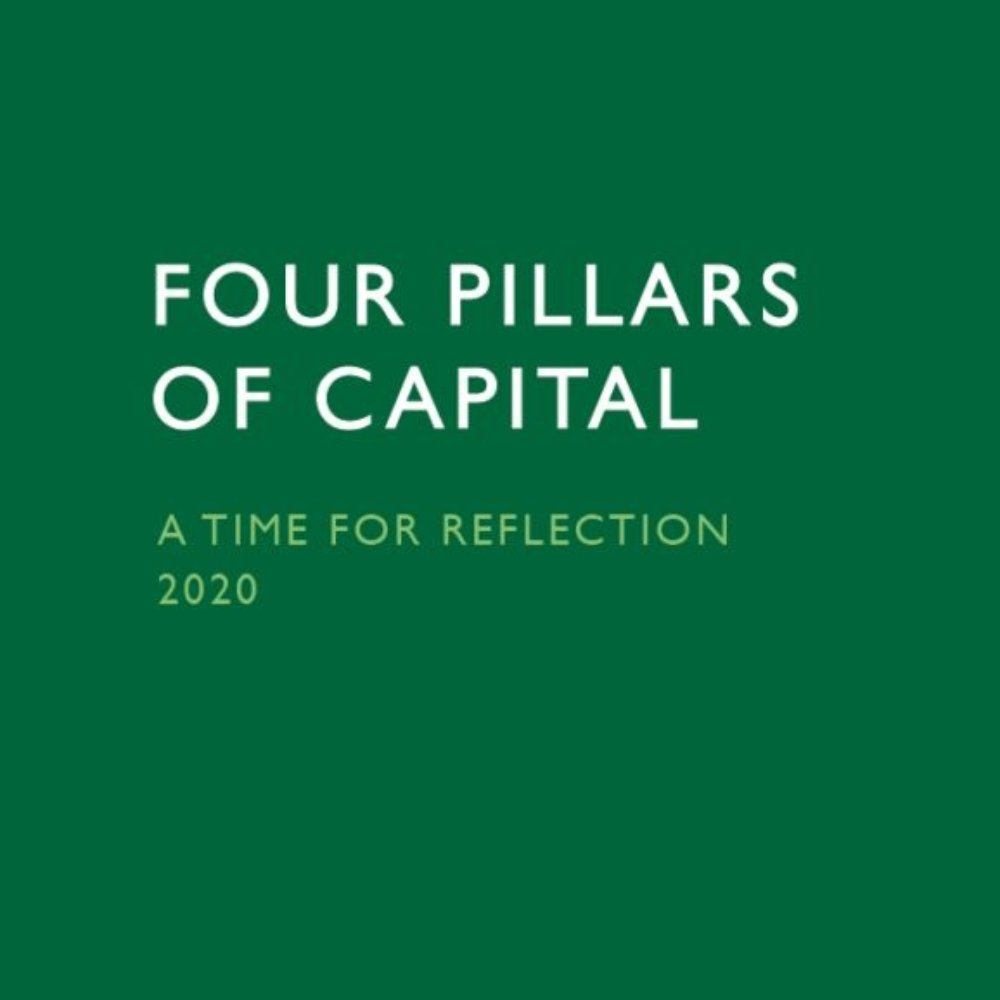Executive summary
This, our latest publication in the Four Pillars series, outlines the results of our findings from research carried out in May of 2020, surveying 183 contributors from families and advisers across the jurisdictions we operate in. Respondents to the 42-question survey represented four generations of wealth, the oldest being over 80 years old.
Chapter one: Risk
Ari Tatos – Managing Partner
- Although there has been a 14% increase in families discussing risk together, only 18% use a formal risk management process and 40% have neither a structured nor an informal process in place.
- Financial capital still dominates discussions around risk and families should consider broadening their conversations to consider intellectual, social and cultural capital factors.
- Two main risks emerge: family disputes – consistently the number one perceived risk to long-term wealth – and weak leadership, which has jumped from fourth to second place since our last research.
Chapter two: Investment and sustainability
Mona Shah – Director, Investment Strategy & Research
- 83% of respondents already applying ESG principles to their investments said Covid did not alter their approach despite its devastating impact.
- This is not only due in part to families’ increased awareness of sustainability issues, but is also influenced by lessons learned from previous economic shocks, which have taught us the effects of not investing sustainably.
- 25% of survey respondents registered an increased awareness of social capital and that they are thinking about how to apply it. This reflects the growing trend of families making commitments to improving environmental outcomes and reducing inequality through their investments.
Chapter three: Philanthropy
Johan van Zyl – Partner & Chairman, South Africa
- Only a fifth of families who supported causes associated with the Covid pandemic had a formal process for doing so.
With 31% of survey respondents contributing more to the community and wider society, philanthropy should not be overlooked as a vital succession-planning tool. - While 43% of people indicated that Covid had not altered the way their family addresses their contribution to society, there might be no better time to unite a family behind a common purpose for wealth.
Chapter four: Purpose
Matthew Fleming – Head of Family Governance & Succession
- At 51%, the percentage of families having an agreed purpose for wealth is up 13% in two years.
- This still leaves 49%, though, with no formal philosophy, leaving them without the critical building block purpose brings to any intergenerational planning strategy.
- These twin statistics demonstrate that conversations about purpose are difficult and may also suggest that families with no attachment to a family business are more likely to lack a common purpose.
- Senior colleagues from around the business share their thoughts on the results of our analysis in the four chapters that follow.


